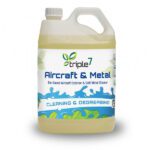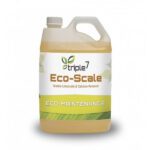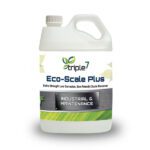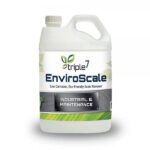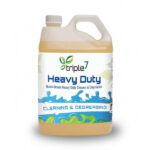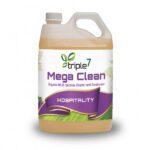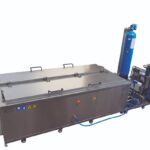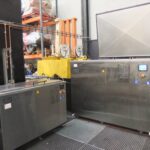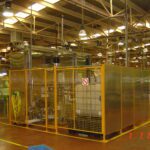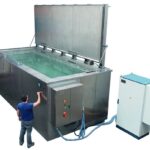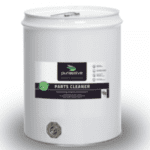In the petroleum industry, limescale removal is a process that involves removing hard water deposits and other contaminants from the surface of various types of equipment. These deposits, known as scale, can build up over time and significantly reduce the efficiency and effectiveness of the equipment. This can lead to costly downtime and maintenance, as well as potential safety hazards.
One of the main challenges of limescale removal in the petroleum industry and refineries is the corrosive nature of the chemicals used in the process. Many of the traditional limescale removing agents contain harsh chemicals such as hydrochloric acid and sulfuric acid, which can be extremely corrosive to the equipment being cleaned. This can lead to further damage and deterioration of the equipment, as well as potential safety risks for workers handling the chemicals.
Another challenge is the potential for environmental damage. Many of the traditional limescale removing agents used in the petroleum industry are harmful to the environment and can have negative impacts on air and water quality. In addition, the waste produced during the limescale removing process, such as sludge and waste water, can be difficult to dispose of safely and can pose a risk to the environment.
The cost of traditional limescale removing agents can also be a challenge for petroleum companies and refineries. These chemicals can be expensive to purchase and transport, and the cost of disposing of the waste produced during the limescale removing process can also be high.
Bio-based products offer a potential solution to many of the challenges associated with limescale removal in the petroleum industry and refineries. These products are derived from natural, renewable resources, such as plant-based oils and enzymes, and are generally considered safer and more environmentally friendly than traditional chemicals.
One of the main benefits of bio-based limescale removing products is their reduced impact on the environment. These products are biodegradable, meaning they can be broken down into natural substances by microorganisms, reducing the risk of environmental contamination. In addition, the waste produced during the limescale removing process is often easier to dispose of safely, reducing the risk of environmental harm.
Bio-based products are also generally safer for workers to handle, as they do not contain the harsh chemicals found in traditional limescale removing agents. This can reduce the risk of accidents and injuries, as well as the risk of long-term health effects from exposure to these chemicals.
Another advantage of bio-based limescale removing products is their ability to effectively remove scale and other contaminants from equipment. Many of these products are highly effective at breaking down and removing scale, and they can be used on a variety of equipment including pipes, heat exchangers, boilers, and tanks. In addition, they are often easier to apply and remove than traditional chemicals, making the limescale removing process more efficient and cost-effective.
One example of a bio-based limescale removing product used in the petroleum industry is a blend of plant-based oils and enzymes. This type of product is highly effective at breaking down and removing scale, and it is safe for use on a variety of equipment. It is also biodegradable and easy to dispose of safely, making it a more environmentally friendly option.
Overall, bio-based products offer a potential solution to many of the challenges associated with limescale removal in the petroleum industry and refineries. These products are generally safer and more environmentally friendly than traditional chemicals, and they are highly effective at removing scale and other contaminants from equipment. As such, they offer a viable alternative to traditional limescale removing agents, and can help to improve the efficiency and effectiveness of equipment, as well as reduce the risk of safety hazards and environmental harm.









